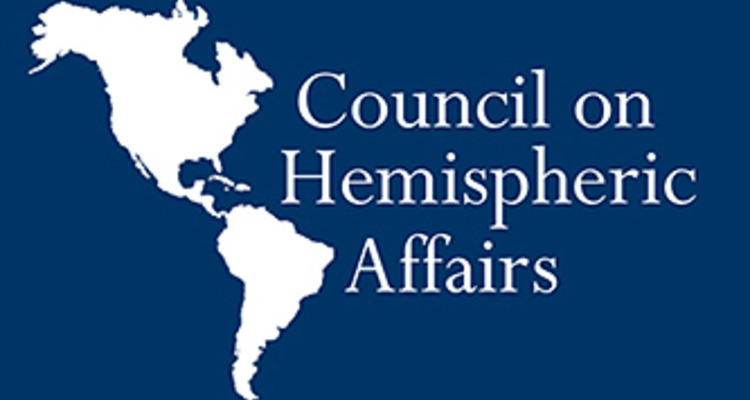COHA ANNOUNCEMENT: “REVISITING CONSENSUAL HEGEMONY: BRAZILIAN REGIONAL LEADERSHIP IN QUESTION” BY COHA RESEARCH FELLOW SEAN BURGES, PH.D.
Sean Burges, Ph.D, a Senior Research Fellow at the Council on Hemispheric Affairs (COHA) in Washington DC, has published a paper entitled “Revisiting Consensual Hegemony: Brazilian Regional Leadership in Question” in the leading scholarly journal International Politics (v. 52 n. 2) as part of a special issue examining contested leadership in international relations.
The paper explains why Brazil has been losing traction with neighbouring countries in South America, arguing that where other states on the continent were willing to accept soft leadership at the start of the 2000s, by 2006 there was a steady demand for more concrete leadership goods. As Burges argues, dissatisfaction with Brazilian leadership was exasperated by a proclivity for Brazil to exert hard and direct pressure on countries such as Bolivia, Ecuador and Paraguay despite a foreign policy vocally couched in terms of non-interference. Reliance on a historical foreign policy tradition of protecting national autonomy at all costs is flagged by Burges as a major barrier to Brazil’s ability to consolidate its management of South America and propagate the sort of home-grown solutions to regional issues it professes to desire. The concluding cautionary note offered in the paper is that we should temper our expectations for Brazil-driven strong regional bodies in South America redolent of the EU, looking instead for the continuation of less institutionalized, reactive approaches to the conduct of intra-continental relations.
To our Readers:
If you would like to receive a PDF copy of the article by Dr. Burges, please send an e-mail to the Council on Hemispheric Affairs ([email protected]) with the subject line “Burges International Politics Article Request.”
Dr. Burges, a Senior Research Fellow of the Council on Hemispheric Affairs for over a decade, has become one of the most respected scholars on Brazilian foreign policy. He holds a Ph.D. in Politics & International Studies from the University of Warwick, England. He is based at the Australian National University where he is a Deputy Director of the Australian National Centre for Latin American Studies and a Lecturer in International Relations. His research interests focus on Brazilian foreign policy, inter-American affairs and emerging market countries (BRICs) in world affairs, with special reference to trade and foreign aid. He is the author of Brazilian Foreign Policy After the Cold War (University Press of Florida, 2009), and has published on Brazil, inter-American affairs and democratization in International Affairs, Política Externa, International Relations, Third World Quarterly, The Bulletin of Latin American Research, The Canadian Journal of Latin American and Caribbean Studies, Canadian Foreign Policy, International Journal, and The Cambridge Review of International Affairs as well as in edited volumes with Johns Hopkins University Press and Palgrave Macmillan. His news and editorial contributions have been made to Swiss National Radio, the BBC World Service, The National Post, Miami Herald, Journal of Commerce, Financial Post, Washington Post, Washington Times, Maclean’s, The Australian, The Canberra Times, ABC Australia Radio and TV, Sky News, Radio China International, Brazil Magazine, FOCAL Point and Military Review. Burges is currently working on the tension between the OECD member countries and BRIC countries in the new international economic and aid governance order, as well as an extended research project on the state-business nexus in contemporary Brazilian development policy.


